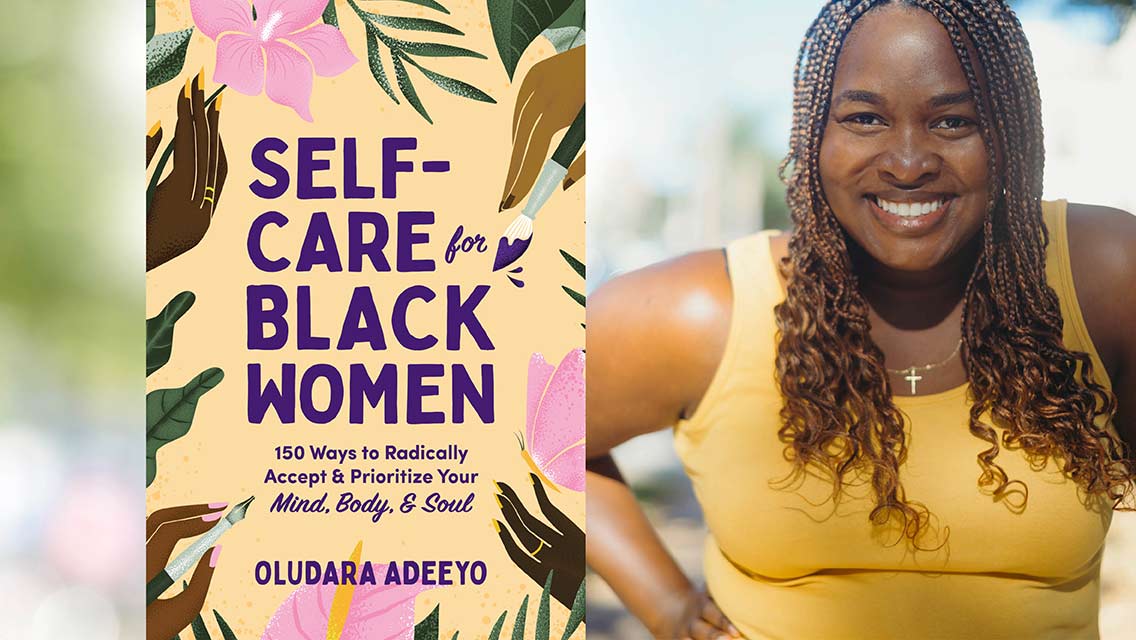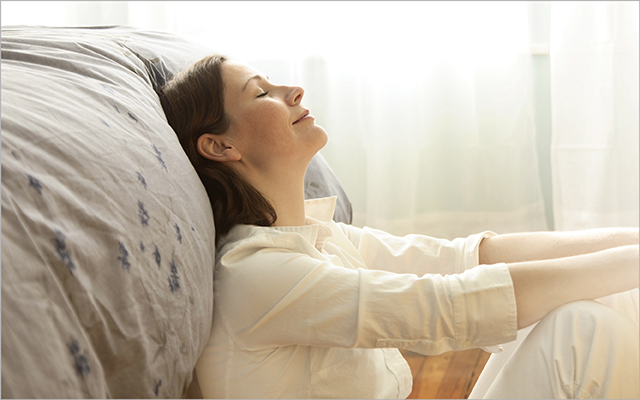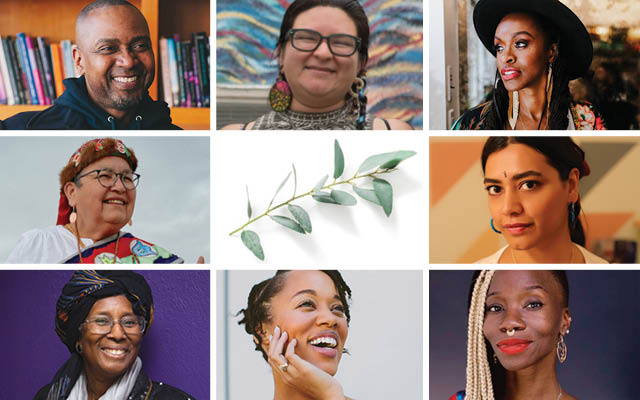Black women are phenomenal. We come in different shapes, sizes, and shades. Some of us are mixed-race. Some of us have strong roots that are linked to Latin American countries, as well as the Caribbean. Some of us don’t speak a lick of English. Some of us have skin color that is as dark as a vanilla bean or as light as cane sugar. Throughout history, Black women have been the glue in their communities. We provide physical and emotional support to families, friends, and strangers. We band together to uplift neighborhoods. We teach. We nurture. We build. And while we accomplish great things, we are being killed silently because we do not practice proper self-care.
What Is Race-Based Traumatic Stress?
Ever feel overwhelmed, worn down, and burned out but you can’t really identify the cause? Let me introduce you to something called race-based traumatic stress. The stress you experience related to racism is hurting your health — even the Centers for Disease Control and Prevention (CDC) confirmed it. Most health issues in Black women can be linked back to some
form of racism. Whether it be on a personal or institutional level, racism is a proven risk factor for death in Black people. For example, racism attacks when your pleas for proper medical attention are ignored in the hospital. It attacks when you’re sequestered into neighborhoods that lack proper resources. It attacks when you’re not given the same life-altering opportunities
as others. An overload of stress like this traumatically impacts your overall wellness. Your mind, body, and soul become so overwhelmed that these three vital areas of your life are unable to properly function. Hence, the need for self-care. Attending to yourself when you are experiencing traumatic stress is essential to maintaining your well-being.
Race-based traumatic stress was coined by Robert T. Carter, PhD. It describes your body’s response to mental and emotional damage caused by negative race-related encounters, a.k.a. racism. Research has found that when you experience race-based traumatic stress, your body mimics the way it would react with post-traumatic stress disorder (PTSD).
This means that being on the receiving end of race-based discriminations, prejudice, hate crimes, or microaggressions can give you PTSD. Which means you have probably been walking around with a low-grade version of PTSD for many years, perhaps even decades. For instance, when you have paranoid or obsessive thoughts about how you should act to not be seen as a threat, that’s PTSD. It throws off the functioning of your entire body.
The fact is, stress hurts. It leads to other debilitating diseases. And the hard truth is, racial stress kills. It leads to illnesses that cause death in your mind, body, and soul. With symptoms of PTSD, you become consumed by your perceived threat and are hyperfocused on keeping yourself safe. This makes it hard for you to simply enjoy life.
How to Practice Radical Self-Care
You know that systemic change is the key to full healing, but you need to take measures now to protect your well-being. You must bow out of the oppressive fight that is trying to kill you. It’s time for you to regain control over your health. It’s time to practice radical self-care.
Radical self-care goes beyond your physical fitness. It also includes your emotional well-being, as well as the condition of your soul or spirit. This is called the mind–body–soul connection. Research has found that these three areas of your life are intertwined, so when one is acting up, it impacts the other two. Thus, you must learn when to use your radical self-care skills.
To properly practice self-care, you must focus on all three areas: mind, body, and soul. Self-care is a set of daily practices that you do to support your well-being. These exercises, activities, or actions require you to put yourself first every day. Yes, girl. Every day. Self-care calls for you to get in touch with your inner being so you can learn what helps you cope in times of distress and what helps you create a life of happiness. Through self-care you gain knowledge on who you are as a person, allowing you to fall in love with the incredible woman you are on a daily basis.
Ultimately, self-care is healing work for your entire being. From your mind, to your body, and to your soul, the self-care activities you use to take care of yourself can overlap. Because that’s the goal: total healing of your personhood. When you heal yourself, you create an earth-shattering legacy. The lineage of women who come after you will be healed. Your inner circle of Black women around you, healed.
By actively choosing yourself, you are breaking the generational curses or traumas that have cycled through your family. You activate your ancestral strength. Things like addiction and abuse, they stop with you. You change the way children in your bloodline will be raised. You break down emotional barriers that no longer keep feelings like fear and shame imprisoned in your body. You bend the universe with the powerful stomp of your walk to a higher level of self-worth. You create an exceptional example for yourself and others of what self-love truly means. You teach yourself and the next generations about the importance of their own self-care. Radical self-care is a movement that you cannot let pass you by. You must participate. The world depends on it.
You depend on it.
How to Do a Grounding Exercise
Sometimes it feels like the world requires so much from us yet refuses to give us any assistance or leniency. This can be overwhelming as a Black woman. Trying to dodge stereotypes and unrealistic expectations of how we should be moving through life is stressful. It can cause serious bouts of anxiety and internal pressure that make it hard for us to think or function.
If you find yourself having one of these moments, try this grounding exercise. This activity can be done anywhere and anytime.
- Locate five things you can see. Take time to look around and spot items you see in your surroundings, such as a crack in the wall.
- Notice four things you can touch. Feel the sensation of things that are in contact with your body, like this book you’re holding. *wink*
- Recognize three things you can hear. Point out noises your mind has tuned out—for example, the sound of a fan blowing.
- Find two things you can smell. Pay attention to fragrances near you or look around for something with a scent.
- Identify one thing you can taste. Pop a mint in your mouth or take a sip of water to complete this activity.
The goal of this activity is to help you regain control of your emotions and distract your mind from what is causing you distress. You should feel more relaxed after completing all five steps. Remember, your radical self-care journey is all about you. Wherever you are, whatever you’re doing, stop for a moment and take it all in.
Excerpted from Self-Care for Black Women by Oludara Adeeyo. Copyright © 2022 by Simon & Schuster, Inc. Used with permission of the publisher, Adams Media, an imprint of Simon & Schuster. All rights reserved.





This Post Has 3 Comments
This is a truly amazing article. Kudos to you, sister.
I enjoyed reading your article in Life Times Experiences Life. Thank you for sharing exercises to do when your stressed. I look forward to reading more of your articles & look forward to purchasing your book Self-Care Black Women.
Just reading the excerpt I knew I needed this book in my life and in my so that I can move more consciously through my life. I believe that it will be motivational and I thank you for that.